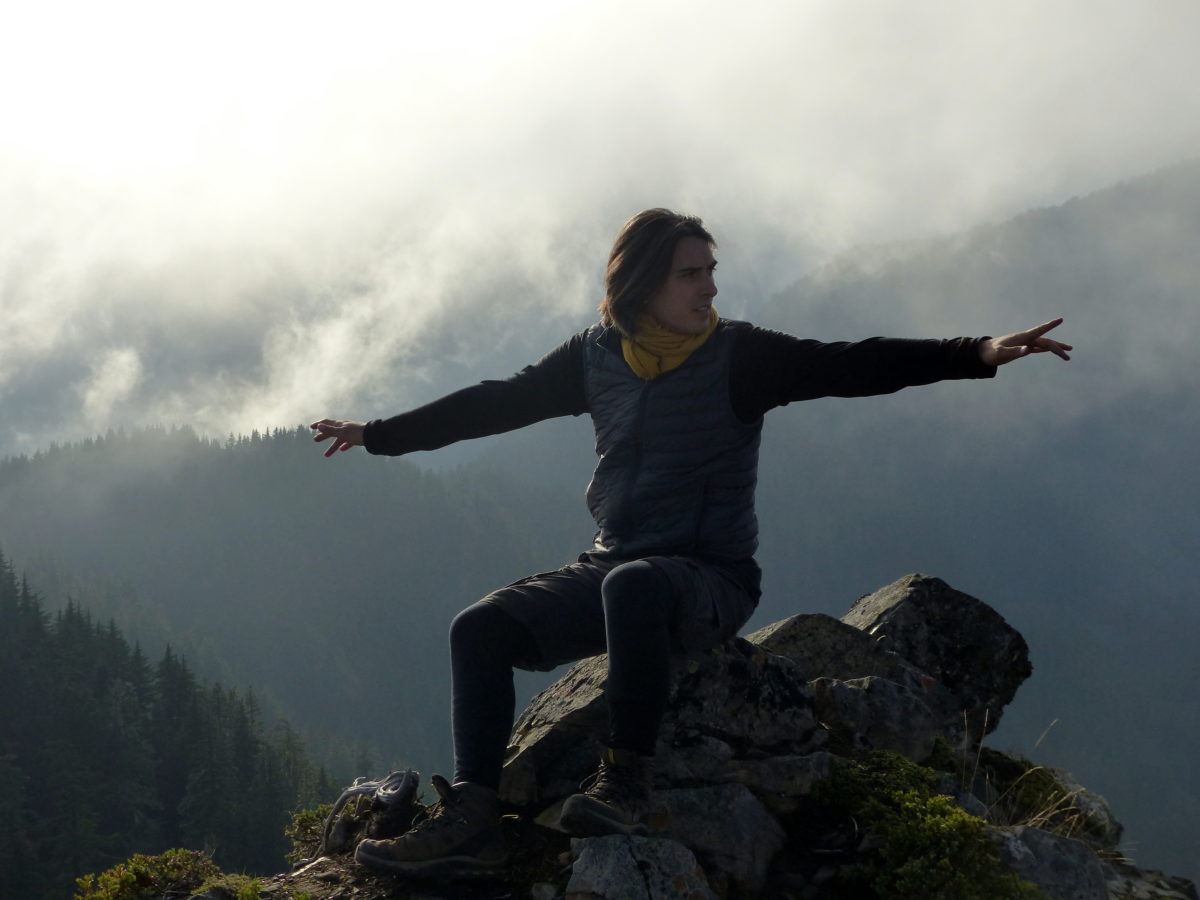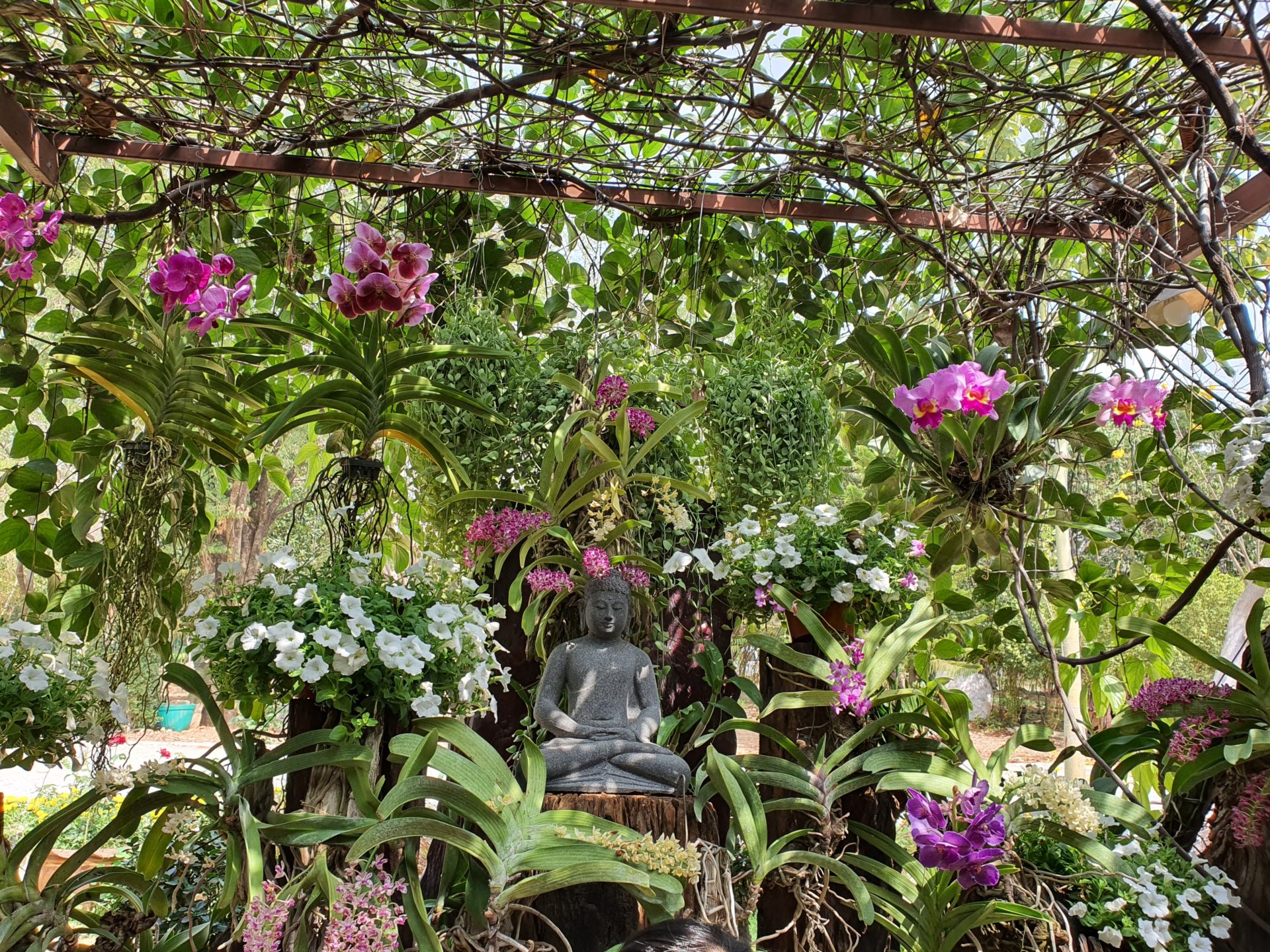By Brian Kimmel

I started writing music thirty years ago in grade school. If you would have asked me then why I wrote music, I probably would have answered timidly by looking away and shrugging my shoulders. But song was an empowering force. It helped me commune with a world I did not quite fit into. Music was an otherworldly medium—one that didn’t have to play inside the rules of common language.
By Brian Kimmel

I started writing music thirty years ago in grade school. If you would have asked me then why I wrote music, I probably would have answered timidly by looking away and shrugging my shoulders. But song was an empowering force. It helped me commune with a world I did not quite fit into. Music was an otherworldly medium—one that didn’t have to play inside the rules of common language. In fact, music seemed to thrive in the world because it defied the rules of language, speaking openly and directly through me as its host, even without words. Music helped me cope with life through the battlefields of doubt: “Am I okay? Am I supposed to? Do I belong?” Not only did I write music, I also sang and performed it. Many people who heard me perform knew about how I felt by the songs I wrote and sang. And some knew how they felt when I played the songs.
In the summer of 2019, I took the opportunity to practice at the European Institute of Applied Buddhism. There, I walked alongside a wall of calligraphy created by Thich Nhat Hanh. As each calligraphy drew my attention at different moments, sometimes a song came.
On one occasion, I saw “The Tears I’ve Shed Yesterday Have Become Rain.” This was a beautiful gatha for healing for me and many generations of my family. It created a framework in which I could see the suffering, the wounds inside and around me, as wonders that can bring healing and freedom from despair. Rain is such a powerful and provoking image as I consider my life growing up in the Seattle area of the Pacific Northwest. This is a sacred place, known for being often cloud-covered and raining or misting.
When I began singing the song of Thay’s calligraphy, the “I” changed to “we.” Using “we” acknowledges that the suffering I experience in life is in many ways not solely my own. Martin Luther King, Jr. said, “Whatever affects one directly affects all indirectly.” Oftentimes if I am not doing well or am feeling down, my family and others close to me may feel this. My Sangha and communities I am part of may feel this. I also know I can tap into the suffering of others. How many times have we heard of an illness or death in our communities and not been in touch with the impact of that illness or death? One more beloved gone, and what do we do, how do we feel, how do we cope, how do we move forward and beyond?
When our world is in despair, our planet in disrepair, a part of each and every one of us is likewise a part of this suffering. Being together and acknowledging the ways we participate in each other’s suffering and joy is a healing, in and of itself. It means we are no longer alone and have never been. Even though it may be the case that I am isolated, quarantined, and away from loved ones or ignorant of being part of their world, it is also the case that we are all in this together no matter what, and there is no escape. We are one. When I have the experience of being one and together in feeling alone and isolated from care, I suffer less. But this is a practice, and that’s why Thay’s calligraphy is now also a practice song.
When I sing and when I hear others sing, song has a way of getting more deeply into me, a deeper place of insight and belonging. And when I am open enough to hear more fully or when a song gets me at the right moment, I can release some of the burdens I have been carrying. If only for a moment, I can release the tendency to be closed off to life. My fear sometimes melts away, and I am more fully myself again at home in body and mind—home with the sense of belonging to myself and others. That’s why I sing now. How about you?

Brian Kimmel (Bk for short), True Lotus Concentration, is a Seattle-based recording artist and musician-songwriter, counselor, bodyworker, and movement educator. You can visit their website at briankimmel.com.

